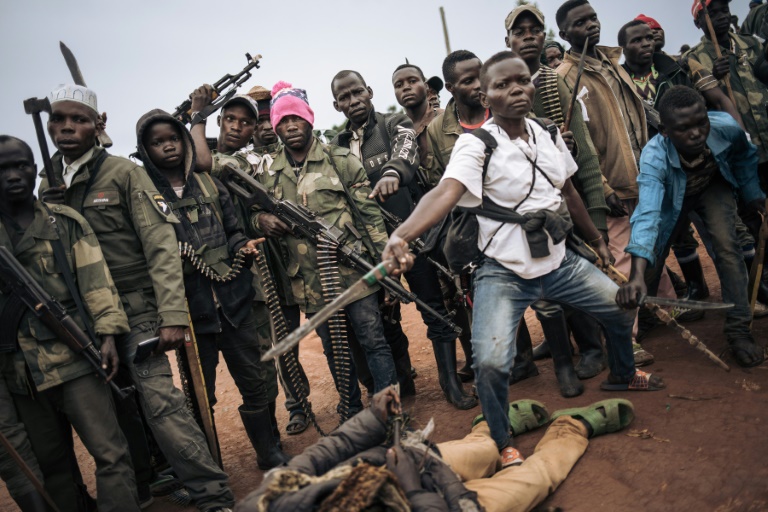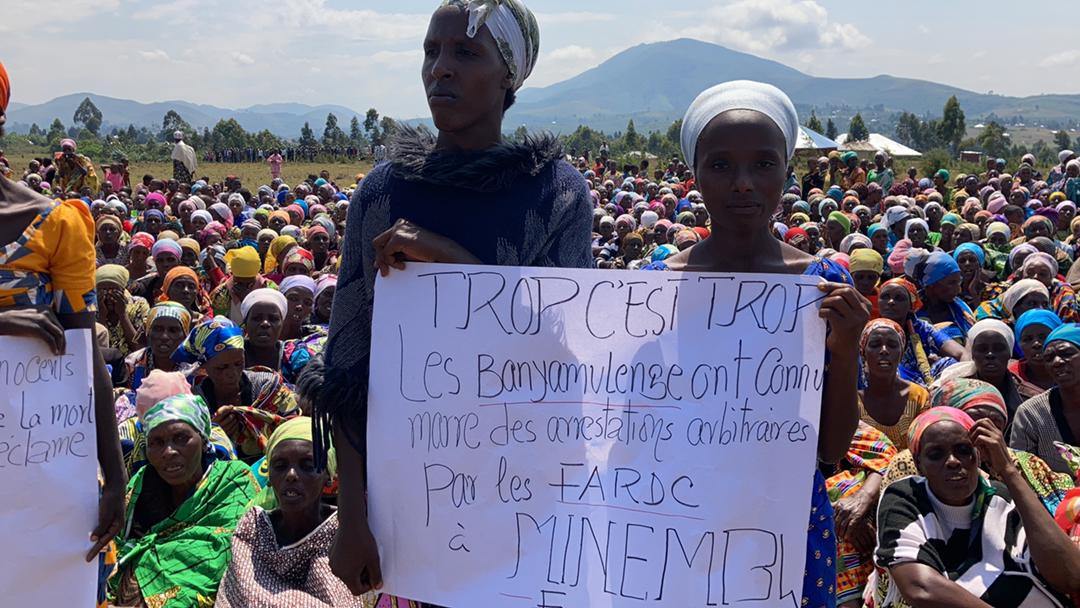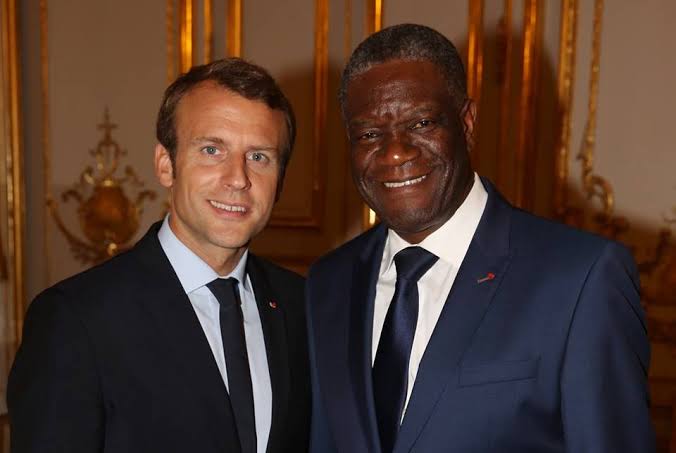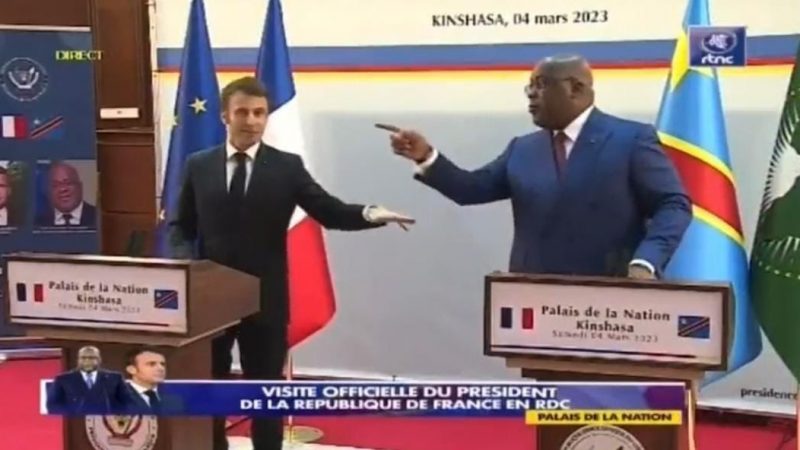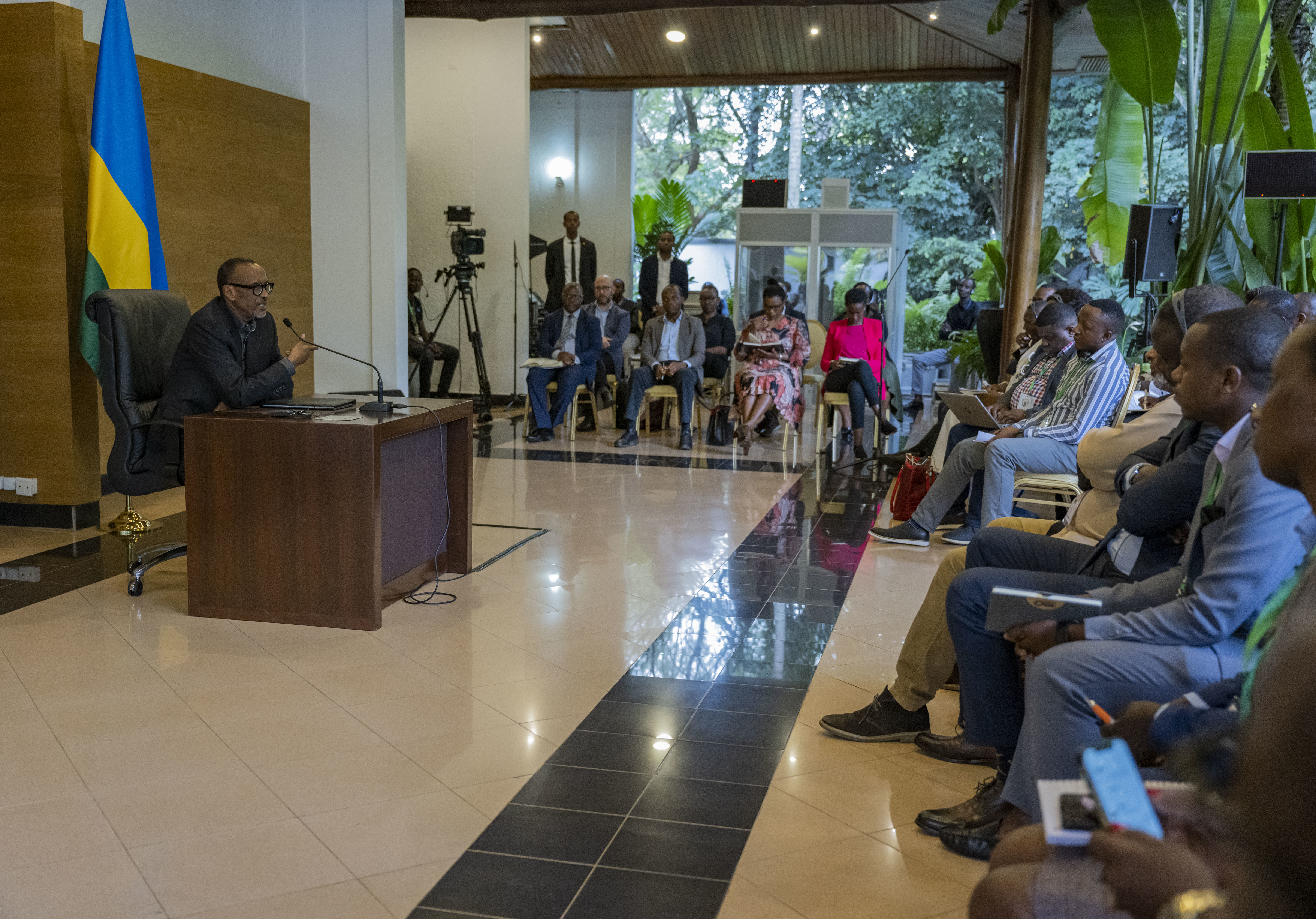Regional
Why Tshisekedi invested more in war, not peace
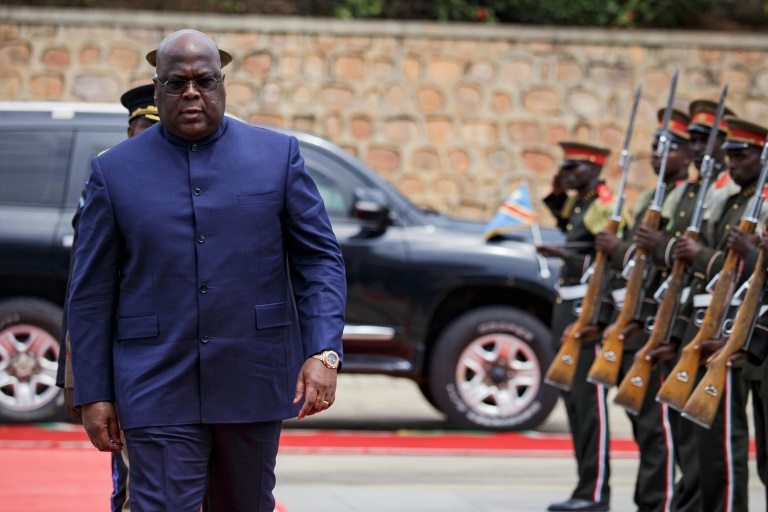
On
January 10, 2019, Felix Tshisekedi became the president of DRC after he was
announced as winner of elections with 38.57 percent of the vote against Martin Fayulu's
34.8 per cent.
Fayulu called the results an "electoral coup," which he said was forged by Tshisekedi and the then President, Joseph Kabila.
Apart from riding on
the fame of his father and taking over the leadership of his father’s political
party, Tshisekedi ascended to power through vote rigging with no strong
political support. Kabila wanted to use him as a caretaker for five years and
then allow him to bounce back in 2023.
On March 6, 2019,
Tshisekedi and Kabila agreed to form a coalition government. The idea came after Tshisekedi was not able
to gain enough support in Parliament.
Tshisekedi
had not been able to push through his choice of Prime Minister, with Kabila
blocking his proposals in Parliament. However, on April 12, 2021, Tshisekedi formally ended his
two-year coalition with Kabila and his allies when prime minister Sama Lukonde
formed a new government. Tshisekedi succeeded to oust the remaining elements in
his government who were loyal to Kabila.
After
divorcing Kabila, it became clear that Tshisekedi was determined to go alone
for the presidency come 2023. However,
from the above background, Tshisekedi knows that he does not have the majority
support that can enable him to win the 2023 elections without an alliance with
other political parties.
Now
that the elections are drawing near, Tshisekedi is a desperate man who wants to
keep the presidential seat by all means, including postponing elections.
Since
the time he divorced Kabila, Tshisekedi has filled all important positions in
government with his tribesmen from the Luba tribe, hoping that they will help
him to rig elections. There is a general outcry from majority tribes on the
nepotism within Kinshasa that has killed patriotism.
When he was sworn in, Tshisekedi pledged to "build a strong
Congo, turned toward development in peace and security."
This pledge remains a dream.
There is a general consensus in DRC that in
the last five years, there is nothing tangible that the Tshisekedi government
has achieved. Instead, the situation has gone from bad to worse in terms of insecurity,
poor economy, corruption, nepotism, hate speech, genocide ideology and disunity
of the Congolese people.
Based
on average income per person, DRC is counted among the five poorest countries
in the world, despite its enormous mineral wealth. In 2021, nearly 64 per cent of Congolese, about 60 million people
live on less than $2 a day, according to the World Bank.
Hundreds of millions of dollars have been
spent on hiring foreign mercenaries, forcing the government budget to rise from
$9.94 billion dollars in 2022, to $16 billion in 2023.
With
all this kind of failure to revive the economy, unite Congolese and bring
peace, Tshisekedi is running away from accountability. At the back of his mind
he is aware that he cannot win the forthcoming elections.
For
this reason, he wants the war in the east to continue so that he can find a
convenient excuse to declare that elections cannot be held. He wants to buy
time to keep the warm presidential seat.
Instead
of investing in the peace process, he has armed militia groups like Mai Mai,
FDLR, Nyatura and others to fight alongside his weak government forces, FARDC, to
stay in power.
Although
Tshisekedi has labored hard to divert attention by claiming that the war in
eastern DRC is not his own making or failure but a result of “foreign
aggression” hence shifting blame to Rwanda and others, French President
Emmanuel Macron recently helped to clear the air. Macron told the DRC president
to own up to his problems.
“Since 1994, you have never been able
to restore the military, security or administrative sovereignty of your
country. It's a reality. We must not look for culprits outside,” Macron told
Tshisekedi.
On
several occasions, DRC government forces have provoked Rwanda by shelling bombs
on its territory and sending soldiers on the border to stage attacks against Rwanda.
This
is done hoping that a full scale war between Rwanda and DRC would break out.
Tshisekedi believes this would shield him from
accountability for his failure to bring peace and development in DRC.



